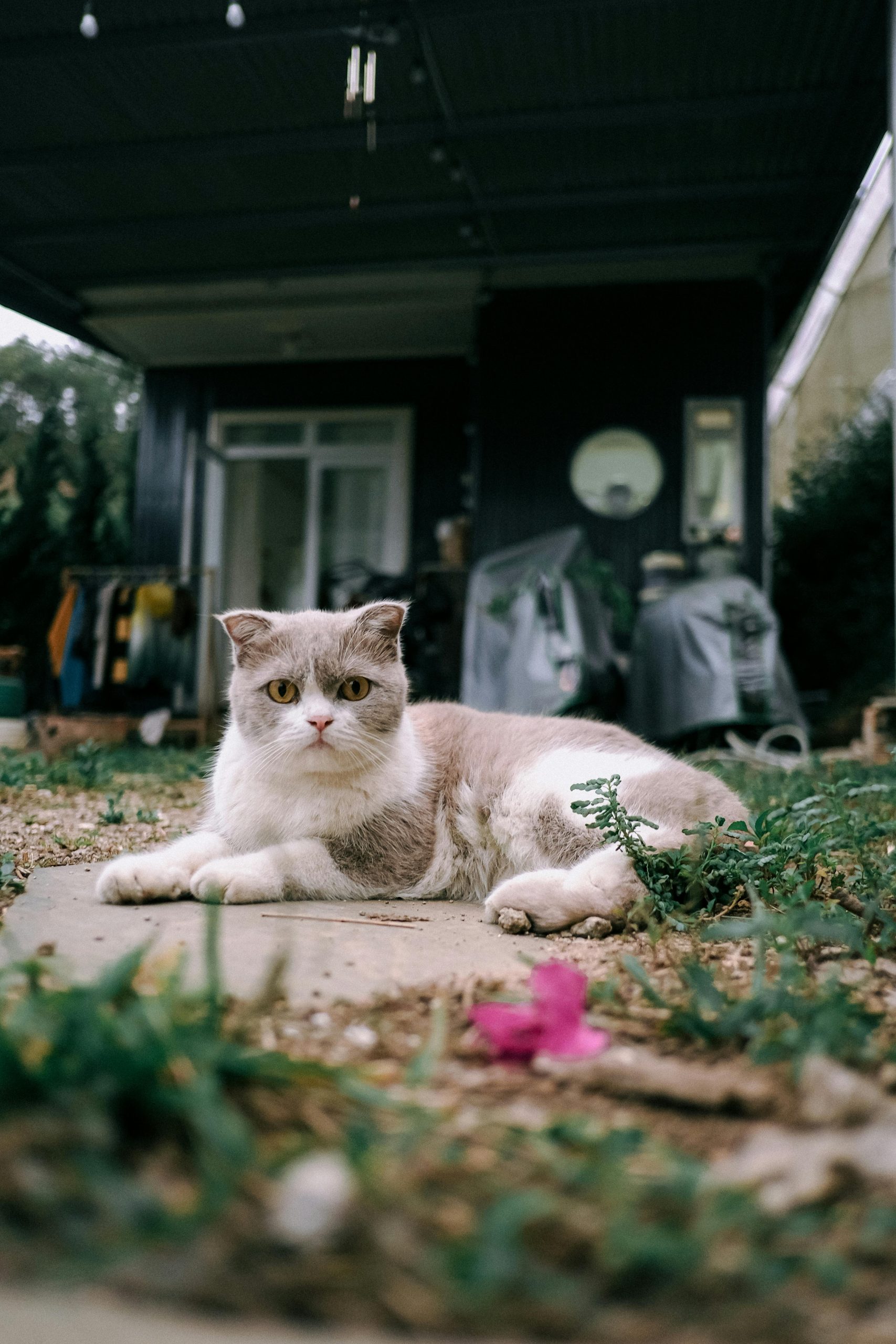Insurance Inquiry: Coverage for a Separate Building on My Rental Property
I’ve reached out to my insurance provider, but I didn’t receive a helpful response, so I’m doing a bit of my own research.
I own a 3.5-acre property where I rent out a home located at the front. The remaining 2.5 acres are used as a hobby farm, and I have a separate building in that area with its own driveway. This building is securely locked and sits on a concrete slab, housing a tractor, mower, and other equipment, along with some personal items.
I am looking to insure this separate building independently, but my insurer seems to be confused since it shares the same street address as my rental home. Currently, I have a landlord’s policy with them that covers the home, but the coverage limits for the building are too low for my comfort, especially regarding potential theft of valuable items stored there (including an equipment trailer parked nearby).
I’m willing to invest in the right insurance to ensure I’m adequately covered, but I’m unsure where to start or what specific terminology to use when inquiring. Any guidance would be greatly appreciated!
Thank you!




Hi there!
It sounds like you have a unique situation with your rental property and hobby farm. Here are a few suggestions that might help you navigate the insurance landscape:
Separate Business Insurance: Since you use part of your property for a hobby farm that involves equipment and tools, consider looking into a business owner’s policy (BOP) or a commercial property insurance policy. This type of coverage is designed for properties that are used for business purposes and may provide higher coverage limits for buildings and equipment.
Inland Marine Insurance: If you’re specifically concerned about coverage for your equipment (like the tractor and mower), inland marine insurance could be another option. This type of insurance generally covers personal property that is movable or intended to be moved, which might be a good fit for your needs.
Talk to an Independent Agent: Sometimes, insurers may be limited in what they can offer depending on their policies. An independent insurance agent can help you navigate different companies and find a policy that’s tailored to your situation. They can also clarify insurance terminology and make recommendations based on your needs.
Clarify Coverage Limits and Exclusions: When discussing insurance options, make sure to ask specifically about coverage limits, exclusions, and if they offer the possibility of adding additional coverage as needed.
Bundling Options: Some insurance companies may offer better deals if you bundle different types of coverage. Therefore, it might be worthwhile to explore bundling your landlord policy with additional coverage for your separate building and equipment.
Documentation and Inventory: Make sure you have a detailed inventory of the equipment and items you plan to insure. This can help you determine the coverage amounts and ensures that you can provide necessary information to your insurer.
Make sure to do thorough research and ask all the questions you have. It’s important to find a policy that gives you the peace of mind you need. Good luck!